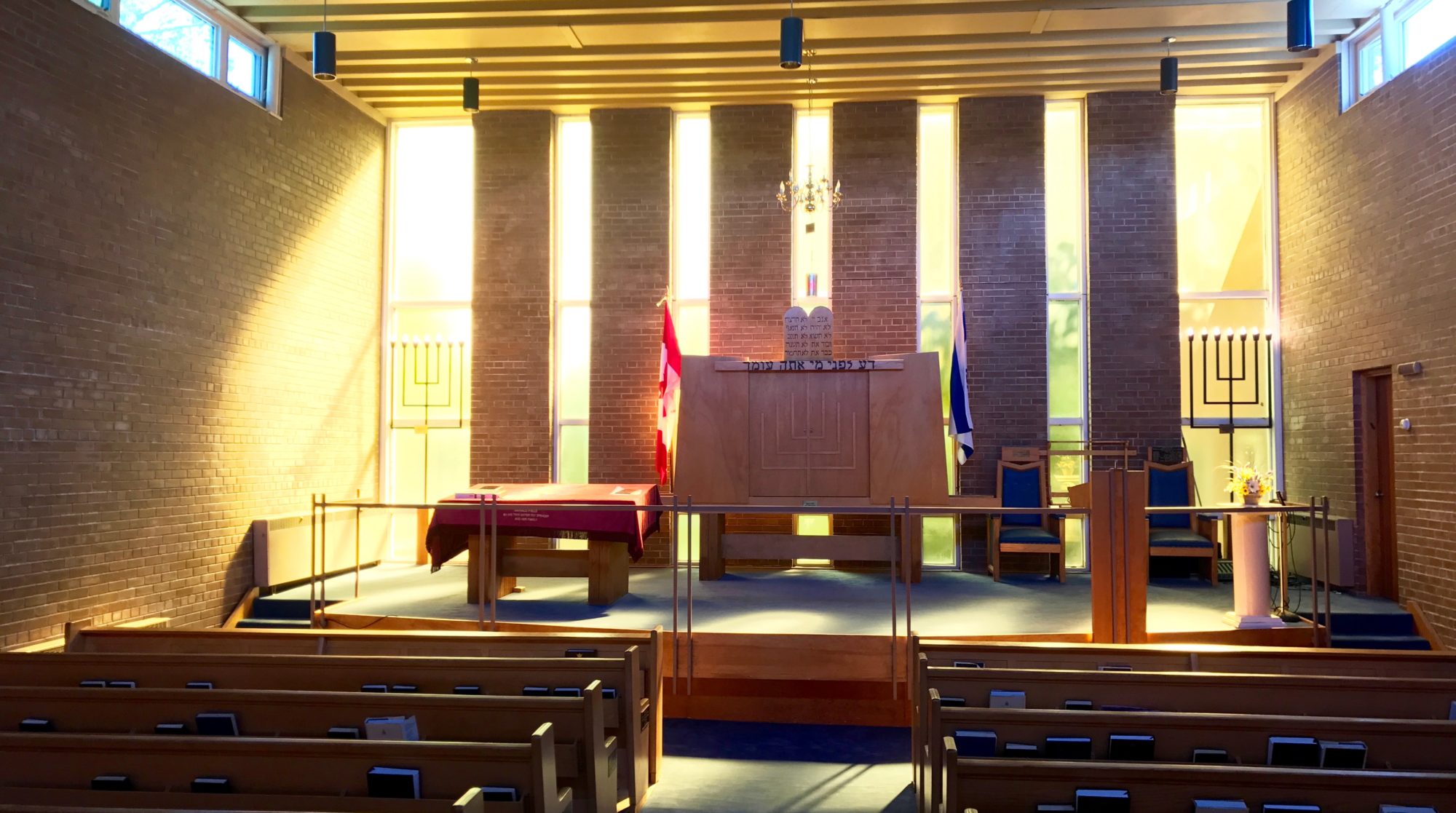A POLITICALLY CORRECT HAGGADAH SHEL PESACH FOR OUR TIMES
by Jacques Abourbih
The Hague International Tribunal for the Prosecution of Persons Responsible for Serious Violations of International Humanitarian Law:
“MOSES OFFICIALLY DECLARED A WAR CRIMINAL”
It is now official: The Israelite slaves of the biblical times have been declared responsible for genocide of innocent Egyptians. “We must never forget the Holocaust of my people, even with the passage of 4000 years” declared the Egyptian representative at the United Nations, brandishing a Torah containing the evidence against the Jews written by their own hands.
The United Nations General assembly voted unanimously on a motion by the Philistine rep. condemning the Jews for use of excessive force during Operation Exodus that left all First Born Egyptians dead and caused starvation and epidemics as a result of economic plagues imposed by the Jews.
In this not-so-imaginary world, the headlines and video clips highlight stark images of blood flowing in the Nile and the devastation from frogs, boils, locusts and other plagues.
The BBC sends a team of reporters and producers to document the devastation in Egypt for a 10-part series – one for each plague.
In Canada, daily editorials in the Toronto Star attack the government for its pro-Israelite ideology, and the CBC Radio team of Carol Off and Barbara Budd hold moving interviews with carefully chosen Egyptian victims, reached in their servant-less Cairo villas.
These media stories are accompanied by United Nations Human Rights Council resolutions condemning the Israelites for brutal violations of international law and the disproportionate use of force. (European, accompanied by some Canadian diplomats, are seen squirming awkwardly in their seats and wagging their fingers at the Israelite delegation.)
In parallel, the leaders of moral non-governmental superpowers and watchdog groups, such as Human Rights Watch (HRW) and Amnesty International, hold press conferences and give sage-sounding interviews to voice their condemnations, while demanding independent investigations and prosecution of Moses.
HRW’s Middle East division publishes glossy research reports filled with Egyptian eye-witness testimony and characterizing each of the 10 plagues as collective punishment, a war crime on an unprecedented scale. The Richard Goldstone of the time is appointed to head a committee that collects all of these NGO claims into a United Nations report for use in the case against Moses, Aaron and the 70 Israelite leaders.
Nowhere in these reports is there any mention of the almost 400 years of slavery and brutal treatment that preceded the plagues and March to Freedom, with little more than hard crackers for food.
And Pharaoh’s order to drown the firstborn boys is explained as a legitimate form of “resistance”. Instead, in this narrative, the Israelites are presented as foreign occupiers who conspired with Joseph to steal the land of Goshen from the natives.
The record of failed negotiations, which could have ended the conflict peacefully, is completely erased, as are Pharaoh’s trail of broken promises (peace breakthroughs of the time) to let the Israelites go.
On university campuses, NGO activists mark Israelite Apartheid Week (actually two weeks, but who pays attention to such details?).
Frogs and red water are brought in to simulate the suffering caused by the plagues, and mock trials are held, which start with the conclusion that Moses is guilty. At Laurentian University in Sudbury, speakers at conferences and mass rallies call for a campaign of boycotts, divestment and sanctions to punish and isolate the Israelites.
Then, as now, these condemnations and activities are supported by a small but noisy group of disgruntled Israelites, motivated by an exaggerated sense of self-importance and the belief that a rightwing conspiracy led by Moses is responsible for all of the problems.
Through grants provided by the New Israelite Fund, these “independent voices” join the demands that the Israelites return to Egypt immediately, apologize and provide compensation for damages.
And these problems did not end with the parting of the Red Sea, or Sea of Reeds , and the drowning of Pharaoh’s army (a weapon of mass destruction, and use of non-conventional warfare weapons prohibited by the Geneva convention) in hot pursuit of the runaway slaves.
Later, in the desert, as the Israelites prepared for returning to their homeland in the Land of Israel, first Moses and then, 39 years later, Joshua dispatched groups of spies to prepare for the invasion. The biblical text provides many details of these complex intelligence operations, including the role of double agents, but it doesn’t describe the nature of the passports they used, or whether they were disguised. Today, this action would have led to pompous denunciations about the invasion of Jericho’s sovereignty, and calls for more investigations, while self-righteous governments sanctimoniously expel an Israelite representative over the use of disguises to infiltrate Jericho.
Thus, as our generation struggles for justice, as did our ancestors, the Passover story and the Exodus remain very relevant. The names and details may change, but the overall situation has a great deal to teach us, 4,000 years later.
Join me as we prepare a week long program of events on campuses and in private homes denouncing the Biblical account of the Exodus!!!
NEVER AGAIN!!!!
Jacques Abourbih
